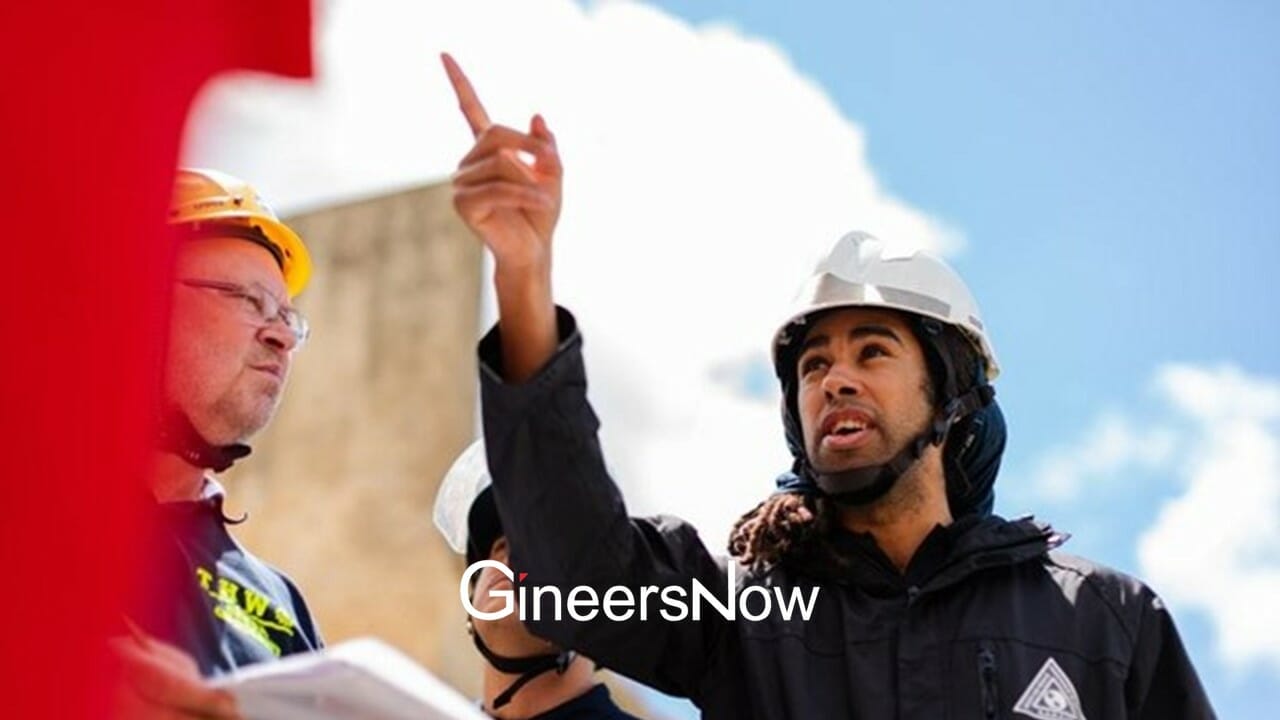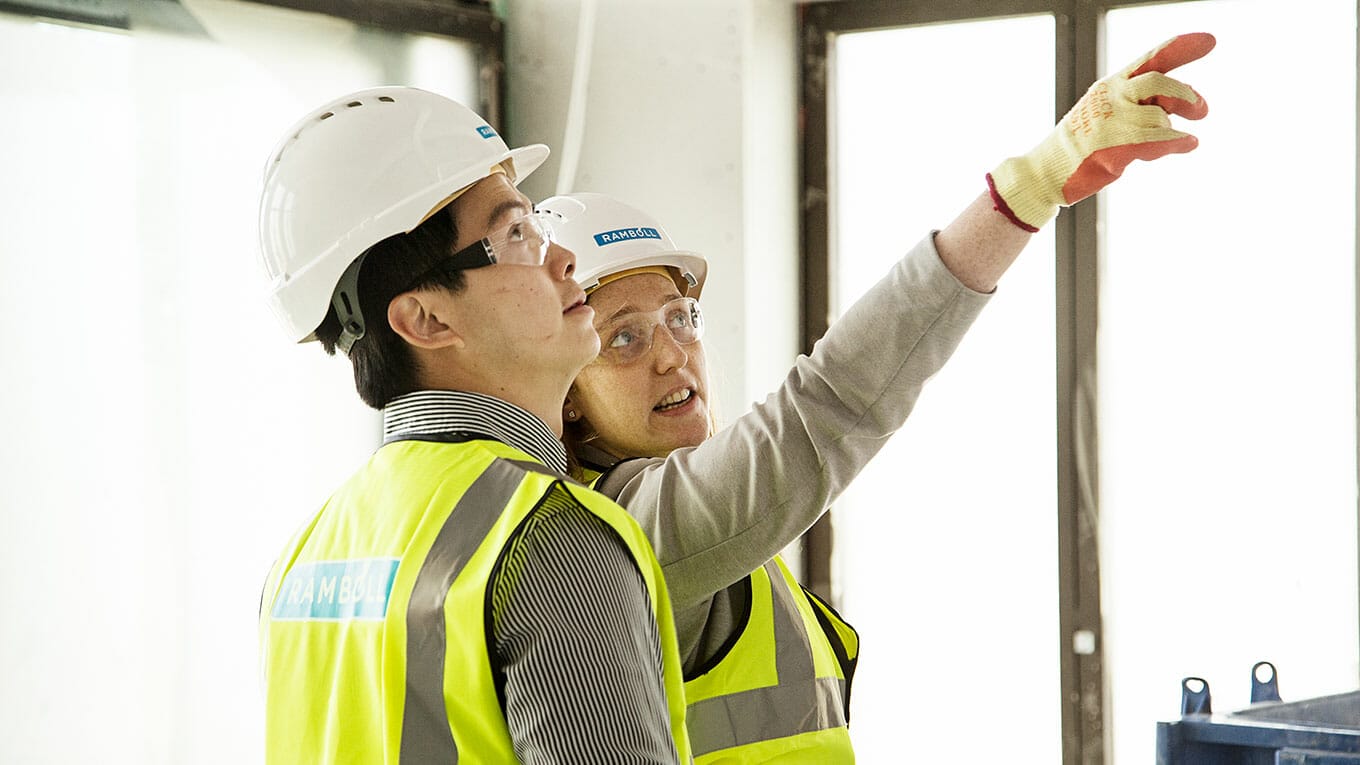There is only one way that an engineer can become a successful project manager: by gaining project management experience and learning each time. More often than not, the judgments of an experienced project manager are far sounder than those who are new to the job. It is only through acquiring many projects that the managerial skills are developed and honed.
But if you are an engineer who has just been given a managerial position, there is no reason to fret. You only need to know the most common project management mistakes so you do not end up committing them.
Here are 8 of those mistakes as listed by project management professionals that any engineering project manager should be wary of:
Not defining roles from the start
When handling a project, make sure that each member knows his or her roles, responsibilities, and deliverables to have a grasp of what is expected from them over the course of the project.
As a project manager, you can do this by calling a kickoff meeting. Not only does this meeting give a sense of accountability and ownership of the project, it also makes the members voice out and clarify their roles.
Not breaking down the big tasks into smaller ones
They say that big things come in small packages. This is what should be taken in mind in completing tasks for a project.
Being able to break down a big project into smaller ones allows the members of the team to be more comfortable and confident about making accomplishments. It can indeed be overwhelming when the task at hand seems to be so big, so it really helps that there is a break down and more so, a delegation of the tasks.

Stock photo
Not setting priorities
Engineers live with deadlines, and as a project manager if you fail to prioritize, you are doomed to fail.
Multi-tasking is a common project management habit because of the notion that the more you do simultaneously, the faster you finish. The truth is that multi-tasking is not really productive, efficient or productive at all. It is better that the tasks at hand are given much attention one at a time so they are not only finished on time, they are also done with quality. Prioritize!
Not thinking about the employees
When you are a project manager, you will have many subordinates which you will handle. There will be times that you will be so focused on the goal that you forget how you are going to get there: through your employees.
It is critical that engineers who have become project managers to understand the importance of being human at work. That simply means to empathize when necessary and to let the employees have a life outside of work.
One would also think that micromanaging is the way to go but it is not. If you do this, you have already failed as a project manager. Trust your other people in taking care of other tasks.

Stock photo
No regular communication within the organization
Remember that in anything that you do, including being in a relationship, learn how to communicate.
Check what’s happening on the different divisions of the project or ask the status of certain tasks. That way you will monitor the progress and know which areas need help.
By conducting meetings, making phone calls, or writing e-mails, you will be able to put importance on the things that your subordinates do. Go check up on them time after time.
Not monitoring changes
It could not be emphasized enough that communicating is necessary because there might be changes left unnoticed or unmonitored. That’s because each engineering blueprint is not executed as per plan and discrepancies are inevitable.
Plus, you do not know the impact of that single change of plan because more often than not it creates a domino effect to the project. Each aspect of the project has something to do with the other so be mindful of this. Always keep the changes in check and aligned with the goals.
Not making necessary adjustments
When the changes are already established, it is up for you as the project manager which steps should be taken next. Adjustments like setting new deadlines or allowing to expand resources have to be made which is your call.
Source: CIO














